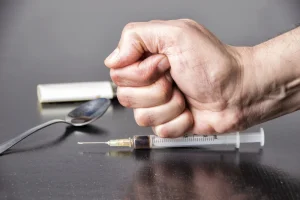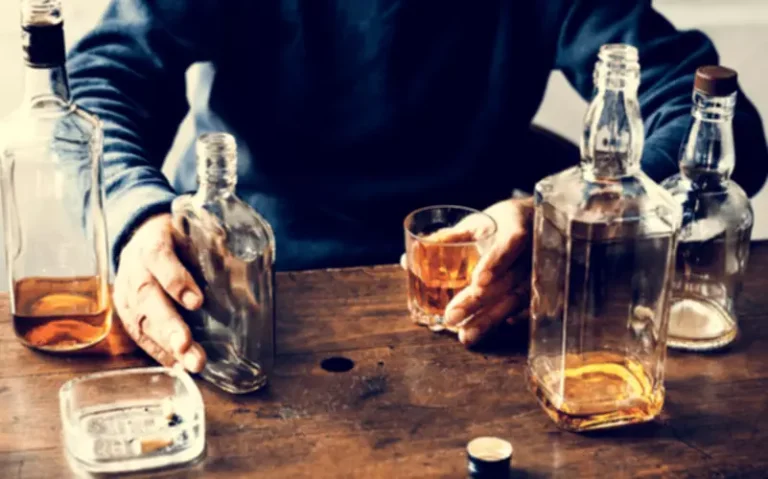
But the truth is, alcohol’s alleged “sleep-enhancing” benefits may not be all they’re cracked up to be. The study revealed that alcohol reduced the restorative quality of sleep. Specifically, a low alcohol intake decreased alcohol insomnia the physiological recovery that sleep normally provides by 9.3 percent. “If you experience insomnia, mood imbalances and other brain symptoms, it may be best to cut back alcohol intake overall,” Dr. Scheller adds.
Alcohol and its effect on sleep continuity in healthy subjects
- An estimated 20% to 30% of people report drinking to manage insomnia.7 While alcohol can initially cause sedation, over time, alcohol causes major disruptions in the quality of sleep.
- During a two-week period, patients battling alcoholism and insomnia received progressive relaxation training, while other patients received no treatment.
- Simply cutting back or giving up alcohol or other drugs can be enough to reverse the negative impacts on your sleep (and can greatly improve your health overall).
- The sleep EEG effects in those with long-term alcohol dependence are theopposite to those following acute alcohol administration.
- “We hypothesize that it starts with sleep, but we can’t say it does definitively.
Data are reported from a baseline night; the first and ninth alcoholnights and a recovery night. Feige et al. (2006)studied five young men and five young women over three nights of drinking. Sleep occurs over a sustained period, typically lasting approximately 8 hours inhumans. In the absence of continued dosing, alcohol consumed prior to the onset of sleep,therefore, will not be at a constant level throughout the sleep period. Sleep, therefore, could be expected to be affecteddifferently during the initial period of high alcohol levels from the subsequent eliminationphase. The presence of alcohol metabolites such as aldehyde need to be considered in termsof their own possible influence on sleep mechanisms as do secondary effects of alcohol, suchas diuresis.
2 Acute alcohol: sleep EEG data
Individuals with insomnia have difficulty maintaining a consistent sleep schedule. Experts state that acute insomnia lasts up to a few days to weeks, while chronic insomnia continues for several months. If you think your drinking may be impeding your sleep or overall quality of life, speaking to your doctor or therapist is a great first step.

Alcohol and Insomnia: How Alcohol Affects Sleep

Treating anxiety can help reduce insomnia and improve overall sleep quality. More severe cases of chronic insomnia may require different treatment strategies. Different forms of therapy, mindfulness, meditation, or hypnotherapy, can address insomnia symptoms. Lifestyle changes such as avoiding alcohol hours before sleep may be sufficient for treating mild, short-term insomnia. A 2019 study showed that individuals who sleep for under 6 hours each night have a 20% higher chance of heart attack than individuals who sleep between 6 and 9 hours. Individuals with mental health conditions are also more likely to develop insomnia.
Triggers Sleep Talking and Sleepwalking
Logistic regression analyses with the sleep variables as the outcome variable, and alcohol variables as the main exposure, were performed in Stata v15, adjusting for age. Models were carried out separately for the different alcohol measurements, and were stratified by men and women. Participants were asked to report the number of alcoholic drinks they had consumed in the last 7 days. Drinks were converted into UK units of alcohol (whereby one unit is equivalent to 8 g of ethanol) using a conservative estimate of one UK unit for each measure of spirits and glass of wine, and two UK units for each pint of beer.
If they aren’t forthcoming about their dependency or possible addiction, then a doctor can’t prescribe proper treatment. This may mean they are given medication that should not be mixed with alcohol or are given poor treatment because they have given https://ecosoberhouse.com/ insufficient information. Reach out to a treatment provider for free today for immediate assistance. By Lindsay CurtisCurtis is a writer with over 20 years of experience focused on mental health, sexual health, cancer care, and spinal health.

Chronic Pain and High Blood Pressure
For example, people who’ve had alcohol may experience more frequent periods of lighter sleep or being awake, especially during the second half of the night. So after a few drinks, you’re likely to have increased wakefulness and more light sleep. Insomnia is characterized by difficulties falling asleep, prolonged wakefulness and poor sleep quality. One study showed that 58 percent of alcoholic men developed insomnia during the first six days of alcohol withdrawal.
Assessment of Sleep measures
“Many people find that while it initially seems difficult to break the habit of using alcohol to induce sleep, they soon adjust and experience better sleep and energy overall,” she continues. REM sleep behavior disorder, also known as rapid eye movement sleep behavior disorder (RBD) is a condition in which individuals experience realistic, often frightening dreams during the REM sleep stage. This may result in the person verbally or physically acting out their dreams, which may cause abnormal behaviors such as kicking, flailing, jumping or yelling during sleep. If left untreated, chronic sleep apnea can drastically impact your quality of life and lead to serious health concerns, such as weight gain and obesity, hypertension, stroke, memory impairment and heart failure. Alcohol further increases the effects of sleep apnea by relaxing the muscles in the throat, collapsing the upper airway and lowering oxygen levels. This not only worsens pre-existing sleep apnea but may also lead to episodes of sleep apnea in individuals who previously did not experience it.
- Sleep is essential for consolidating information learned throughout the day and performing daily tasks.
- In patients with delirium tremens (DTs), a higher percentage of Stage 1 sleep with REM (stage 1 period with low voltage EEG with REM) was demonstrated (Greenberg and Pearlman, 1967).
- The rebound effect may include more time in REM—a lighter sleep stage from which it is easy to be awakened.
- This can seem like a good thing at first, but it doesn’t paint the whole picture of what happens to your body throughout the night.